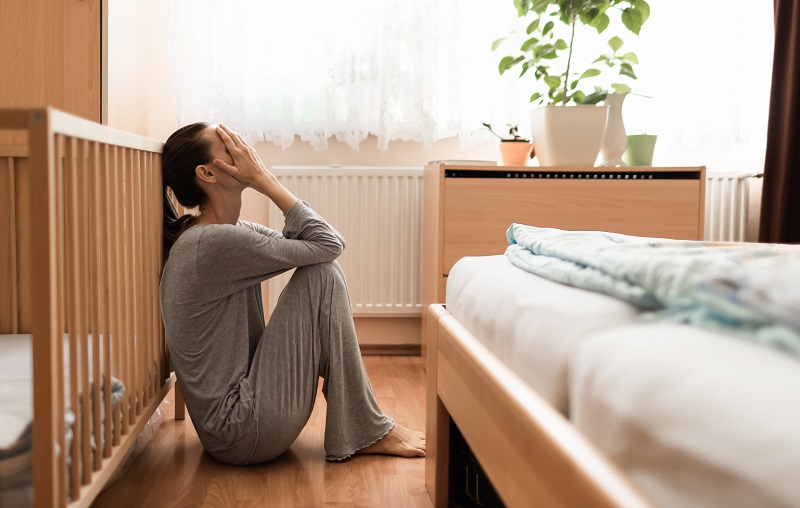Trauma can have a profound impact on an individual’s life, affecting their mental, emotional, and physical health. At Pandora’s House Psychiatry, we understand that navigating the aftermath of traumatic experiences is a challenging journey that requires compassionate professional support. This blog post will explore how psychiatry care can offer vital help to those dealing with trauma.

Understanding Trauma and Its Effects:
Trauma is the response to deeply distressing or disturbing events that overwhelm an individual’s ability to cope, causing feelings of helplessness, diminishing their sense of self, and their ability to feel the full range of emotions and experiences. It is not the event itself but one’s subjective experience of the event that constitutes trauma.
The Role of Psychiatry in Trauma Recovery:
- Professional Diagnosis: Recognizing the signs of trauma is crucial for effective treatment. Psychiatrists are trained to identify the complex symptoms of trauma, which may include flashbacks, severe anxiety, uncontrollable thoughts about the incident, and more. At Pandora’s House Psychiatry, we offer thorough evaluations to ensure accurate diagnoses.
- Creating a Safe Space: Psychiatric care provides a safe and confidential environment where individuals can open up about their experiences without fear of judgment. This therapeutic space is essential for healing and processing traumatic events.
- Individualized Treatment Plans: Each person’s experience with trauma is unique, and so are the paths to recovery. Our psychiatrists develop personalized treatment plans that may include medication, therapy, or a combination of both, depending on the individual’s needs.
- Cognitive Behavioral Therapy (CBT): CBT is an effective treatment for trauma, helping individuals alter dysfunctional thinking patterns and behaviors associated with their traumatic experiences. Our therapists at Pandora’s House Psychiatry are skilled in CBT and other evidence-based therapies suited for trauma treatment.
- Medication Management: When necessary, psychiatrists can prescribe medications to help manage symptoms of trauma such as depression, anxiety, or sleep disturbances. Medication can be an integral part of a comprehensive treatment plan, providing relief and enabling individuals to engage more fully in therapy.
- Support Through the Healing Process: Healing from trauma is not a linear process, and having continuous support is crucial. Pandora’s House Psychiatry is committed to providing ongoing care and support, adjusting treatment plans as necessary and helping individuals regain control over their lives.
Dealing with trauma is a challenging but surmountable obstacle with the right psychiatric care. At Pandora’s House Psychiatry, we are dedicated to helping our patients heal from traumatic experiences by offering professional diagnosis, personalized treatment plans, and unwavering support. If you or a loved one is struggling with the effects of trauma, know that you are not alone, and help is available.
For more information on how psychiatry care can assist in trauma recovery, or to schedule an appointment, visit Pandora’s House Psychiatry. Let us be your partner in the journey towards healing and reclaiming a life of wellness and hope.









